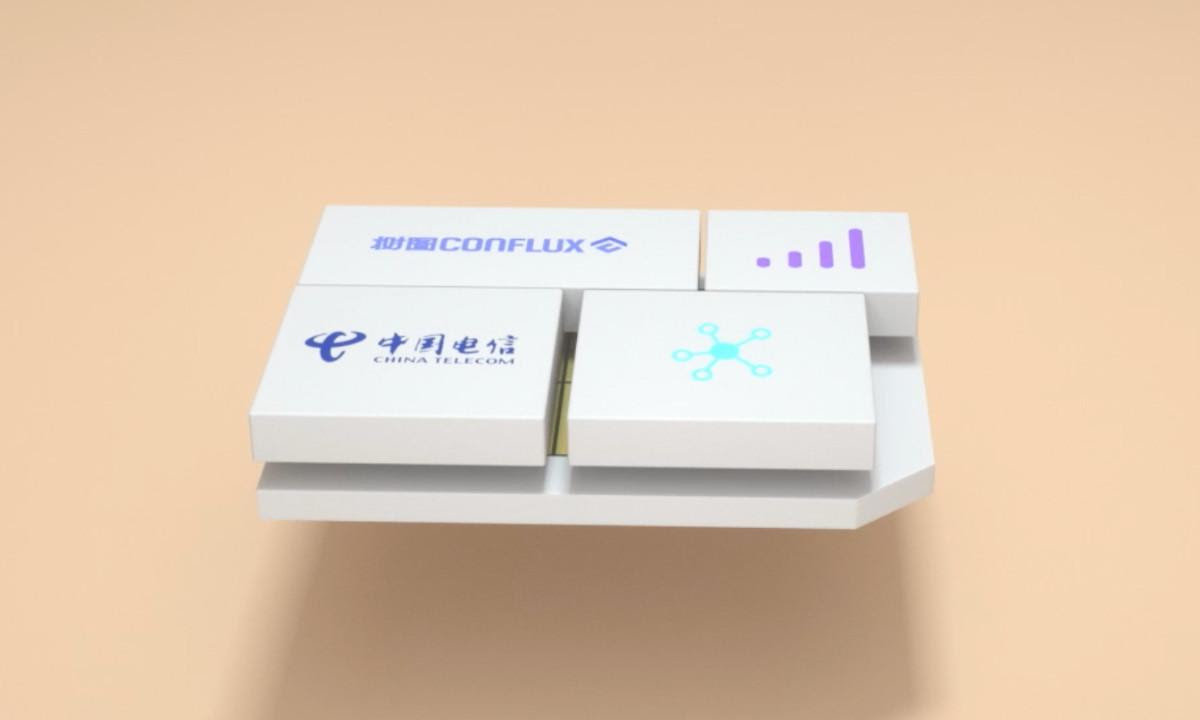China Telecom and Conflux Network have partnered to bring Blockchain SIM cards (BSIM) to the market.
As per the announcement, this partnership seeks to introduce a Web3 product to lower the barrier to entry for China Telecom’s over 390 million mobile phone subscribers. The BSIM card will let users store digital assets safely, display their assets in various applications and transfer them conveniently.
China Telecom plans to launch the first BSIM pilot program in Hong Kong later this year, with other pilots following later on in key mainland locations such as Shanghai. The BSIM card will integrate Conflux’s Tree graph to enable the world’s highest system performance for blockchain. The Conflux Tree graph is a dual proof of stake and proof of work technology. This new product is intended to make transactions faster and more secure. The BSIM card will use the hardware security advantages to protect users’ private keys.
Notably, the BSIM card cannot be distinguished from a traditional SIM card in appearance; however, it has much more to offer. The BSIM card is 20 times larger than the conventional SIM card. The computing power is also increased ten times compared to their counterpart. The card will also manage and store users’ private and public keys. The BSIM will use its in-built Bluetooth module to carry out digital signatures and transfer of assets while protecting the private key from exiting the card. This will reportedly reduce the risk of users being attacked by viruses or malicious software. In addition, the card will allow key retrieval, encrypted storage and many other operations.
With BSIM, users’ identifiers, such as mobile phone numbers, can be tied to their Decentralized Identifiers (DID) to allow for better integration and interactions between the real world and virtual information. Note the DID connection with cell phone numbers may alleviate some of the regulatory concerns that stem from the anonymity nature of blockchain technology.
Commenting on the card, Dr. Ming Wu, CTO of Conflux Network, said:
“The BSIM card significantly improves the user experience and lowers the barriers to entry for Web3 and the Metaverse world for users. It is key to allowing Conflux to take its ecosystem to the next level. Collaborating with such a strong partner like China Telecom and initiating it from Hong Kong will allow us to enter the market in the near future, both in China and globally.”
The research and development stages of the BSIM card are now complete. China Telecom and Conflux signed their agreement in 2022 to create the card. Currently, the BSIM card successfully connects with Conflux’s main network in the test environments. The two will focus on enriching the BSIM card ecological application in the coming days, emphasizing payments, games and other fields.







